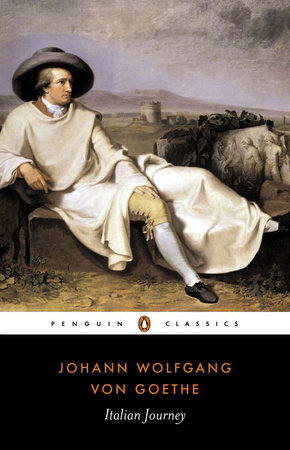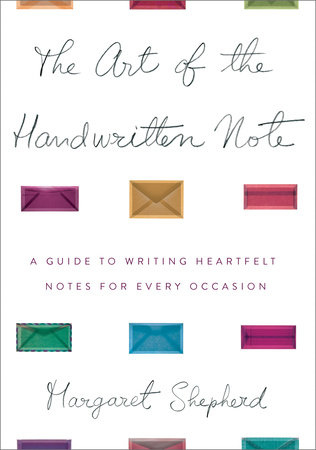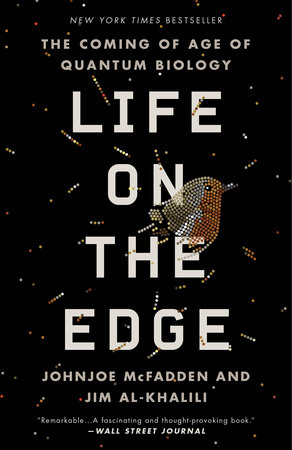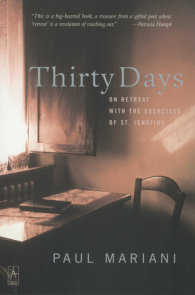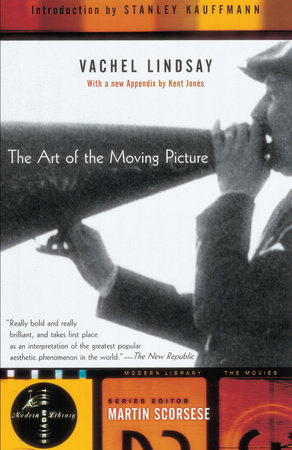Author Q&A
What drew you to the subject of Gerard Manley Hopkins?
I was in my last semester at Manhattan College in the Bronx. Late winter, 1962. Dr. Paul Cortissoz assigned each student a poet to lecture on. I drew Yeats, my frat brother, Jim Blake drew Hopkins. He wanted Yeats, and offered to buy me a beer if we traded. I’d looked at some lines of The Wreck of the Deutschland, and immediately fell in love with the language, which was unlike anything I’d ever heard before, except Dylan Thomas. On top of which Hopkins seemed to be the only Catholic in the entire modern poetic canon, at least that I was aware of then. Understand, I’m the oldest of seven siblings and the first in the family to finish high school, much less go on to college. But I’d already spent a year in a sort of proto-seminary up in Beacon, New York, and so had this intense interest in the idea of a Catholic intellectual, i.e., someone for whom ideas were very very important, but so too the idea of a form within the chaos of the maddening quotidian. Hopkins was someone whom I wanted to relate to, someone who had had the best education available—Oxford—and who had graduated at the top of his class. A good man, who had become a priest, who had remained faithful to that calling, and who somehow managed to not only write a body of poetic work, but to revolutionize the very idea of what poetry could do, of how it might speak to us.
This is quite a thoughtful and detailed telling of his life. How did you conduct your research? How were you able to so meticulously dissect his days?
Thank you. My first book—my dissertation revisited—was a commentary on the complete poems of Hopkins, which came out in 1970, in large part through the help of my beloved mentor, the translator of Virgil and Ovid and Homer and Dante (among others):Allen Mandelbaum. Over the past four decades I have always come back to Hopkins—reading everything I could about him, and typing up every letter and sermon and poem of his on to index cards, then computers that kept crashing, then—finally—into ever more sophisticated programs. Even as I researched and wrote my biographies of William Carlos Williams and John Berryman and Robert Lowell and then Hart Crane in the thirty years and more between, I kept promising myself that I would come back to Hopkins and tell the story of this priest and poet before the sun set over my working years. By the time I began writing this biography in earnest after the death of my father—over whom I watched in his last years—I had literally collected thousands of pages of material, screening out the unreliable narratives and foregrounding what I believed to be true about the man. Of course I have had the help of dozens of eminent scholars and writers who have helped compile the glimmering tesserae that make up the great mosaic.
At the age of 22, Hopkins left the Church of England. How did this influence his poetry and his life?
The Church of England and his Oxford years profoundly shaped Hopkins. He would always be essentially an English upper middleclass gentleman by education and breeding, even when he labored among working-class Irish and Italians in Liverpool and the industrial cities and towns of England, or among Irish nationalists or the Anglo-Irish middle class in Dublin. He could have had a very comfortable life had he remained in the Church of England, perhaps teaching classics at Oxford or following his painterly and poetic pursuits. In temperament he was every bit an Englishman, who was belatedly shaped by the tougher realities of his time. He brought his Oxford classical training to bear on Catholic schoolboys at Stonyhurst and to Irish undergraduates, many not all that different from the young James Joyce, who would undoubtedly been his student had Hopkins lived into his fifties.
You have a deep familiarity with the Jesuit way of life. Can you talk about this and the insight it gave you into Hopkins’ life?
Making what the Jesuits call the Long Retreat at the beginning of 2000—about which I have written in my spiritual coming-of-age book, Thirty Days (Viking 2002)—quite simply changed and deepened my understanding of Hopkins. Before that experience, I stood partly outside, partly inside the mind and heart of Hopkins. After that experience, everything I read of Hopkins’—especially his poetry—took on a new and deeper meaning for me. I could say that finally I understood what Hopkins had been through, both in terms of his poems of natural splendor, as well as Hopkins’ dark night of the soul and his subsequent recovery and growth as a poet and as a man.
You discuss his bouts of depression and inner turmoil. How do you think he overcame this? What role did faith play in his worldview?
All his life, Hopkins suffered from some form of depression, though in his time it was not diagnosed simply as intense melancholia. It seems to have been a condition that many of his friends and classmates suffered from, and a number of those friends took their own lives, several by drowning. Hopkins was a sensitive individual, and he pushed himself hard, much harder than he pushed others. It should come as no surprise that as a priest he tried to shape himself after his master and best friend, Christ, and that he should take on a life of poverty, chastity, and obedience. But—like Christ’s— the life of a Jesuit is often a lonely life, a life of intense interiority, of willed downward mobility even, an emptying of the self so that something greater may take root there. In short, had he not had his strong faith, he too might well have slipped off the edge of a ferry into the blue-black depths one winter’s night.
Why do you think Hopkins’ poetry still speaks to readers to this day, a century after his death? What do you hope people can take with them after learning about his life?
In Hopkins you feel almost at once a living voice, full of passion and life, speaking directly to you. And that voice has a Shakespearean range—all the way from an exclamatory ecstasy to a series of stressed monosyllables that have all the weight of black despair. He writes about the things we all think about—from praise for the good green earth and its Creator, to the nature or illusion of the self, to the unshapeable shock night of existential terror, or from the tender touch we offer the sick and which they give back to us, to the loss of innocence and that physical beauty which is inevitably lost…unless. He looks as hard at the world as Hardy or Philip Larkin, but often finds a glimmer or a golden echo which comforts and consoles. What could be more powerful than the life of a priest who seemed to fail at every turn, and yet went on to find immortal diamond at the heart of the matter?
This is a tough time, a wildly materialistic moment in what I sometimes fear is the devolution of the species. You see it walking into the blinding morning sun along 42nd Street, say, where everyone seems tuned into his or her little world, oblivious to everything and everyone about one, and where to slow down or turn is to risk being walked over. And here is this poet who speaks to the heart of the matter, singing of the self of things, the self of the , let us call it the Self, and the self of the Other who attends on us, as Hopkins believed, if we will only take the time to listen. In a dark time this is one of the few poets who offers us hope, because he went through the fires and came out the other side, looking like a failure, when in fact—if his work is any indication—he speaks to us now through the gold-vermilion brilliance of his words and more—by his example. I don’t think I have ever met a poet who was not in some sense singed by this man’s fire.



